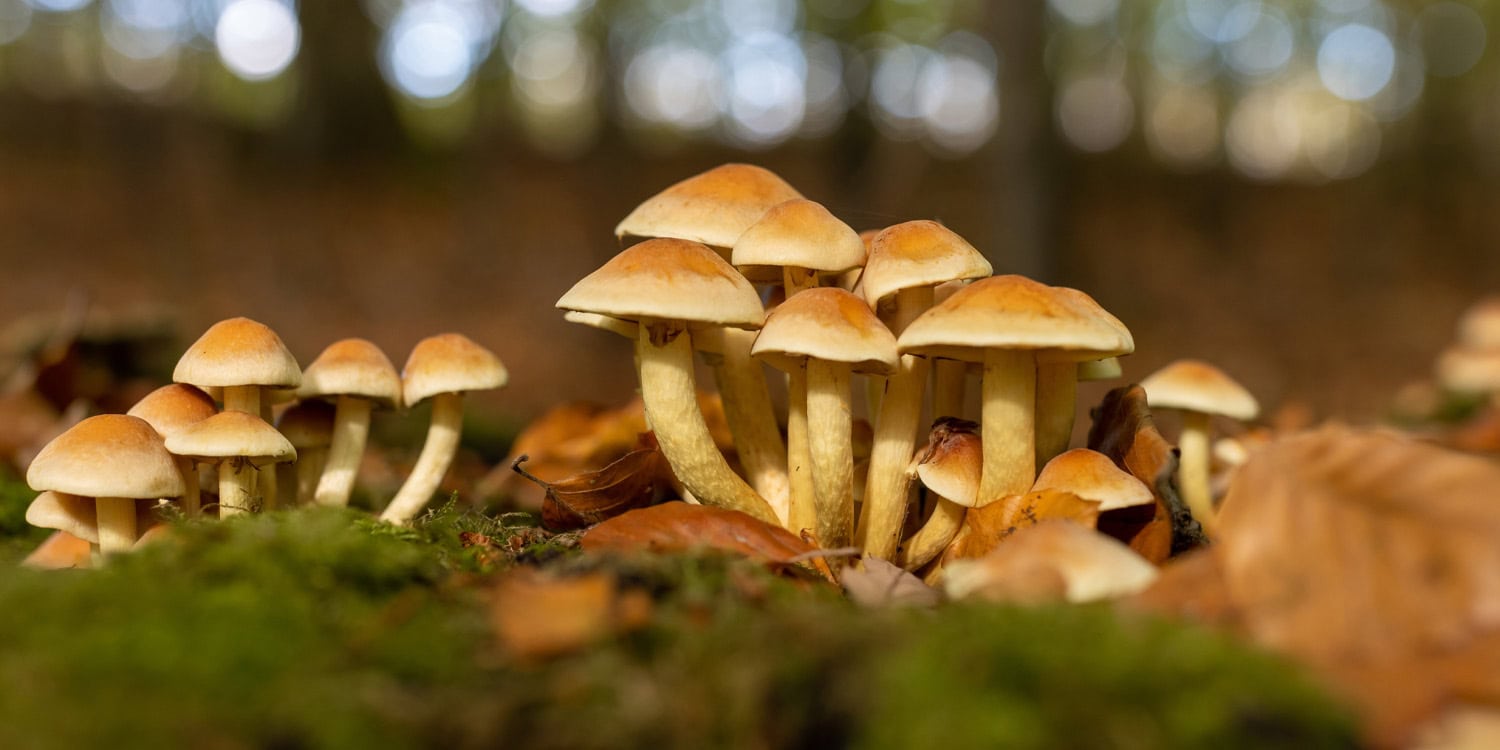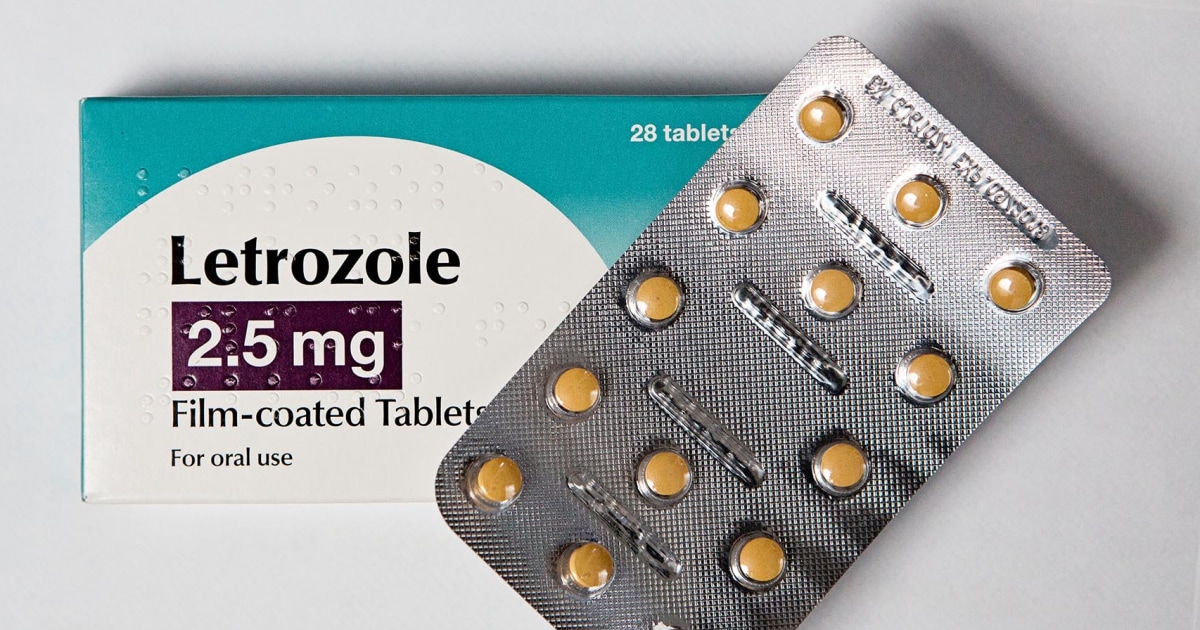T4K3.news
New research reveals Stevia's potential against cancer
A study from Hiroshima University suggests fermented Stevia may help fight pancreatic cancer.

Research suggests that fermented Stevia may help prevent pancreatic cancer and improve health outcomes.
New study highlights potential of Stevia in combating pancreatic cancer
A recent study from Hiroshima University indicates that fermented Stevia rebaudiana may help prevent pancreatic cancer, a disease known for its low survival rate. Researchers fermented the plant's leaves with Lactobacillus plantarum, a bacterium found in yogurt, resulting in a compound that proved effective at killing pancreatic cancer cells while sparing healthy ones. The findings challenge the longstanding criticisms associated with artificial sweeteners, suggesting that when modified, Stevia could play a role in cancer prevention. The study, published in the International Journal of Molecular Sciences, notes the urgent need for effective treatments as pancreatic cancer cases continue to rise globally.
Key Takeaways
"Globally, the incidence and mortality rates of pancreatic cancer continue to rise."
Narandalai Danshiitsoodol highlights the urgency of addressing the rising rates of pancreatic cancer.
"This microbial transformation was likely due to specific enzymes in the bacteria strain used."
Danshiitsoodol explains the science behind how fermentation enhances Stevia's properties.
The implications of this research are significant, especially as pancreatic cancer remains one of the deadliest forms of cancer with a survival rate below ten percent. Beyond Stevia's potential, this study may shift the narrative around artificial sweeteners, traditionally viewed as harmful. This emerging evidence not only highlights the need for innovative cancer therapies but also suggests a broader reevaluation of natural substances that could lead to breakthroughs in treatment protocols.
Highlights
- Fermented Stevia may change the narrative on artificial sweeteners.
- This study could offer a new lifeline in battling pancreatic cancer.
- Microbial transformation unlocks new potential in natural treatments.
- Natural compounds may lead the way in cancer prevention.
Potential risk in cancer treatment perceptions
This study may lead to misinterpretations about the safety of artificial sweeteners as some are linked to health issues. Public understanding must remain clear about ongoing research and its limitations.
Future research could pave the way for a novel and natural approach to battling cancer.
Enjoyed this? Let your friends know!
Related News

Research shows stevia may combat pancreatic cancer

Foods Linked to Worsening Inflammation Identified

Gut cells discovered to communicate like neurons

New study reveals low fiber intake may increase cancer risk

Harvard study finds cancer link to Coldwater Creek contamination

Psilocybin shows promise as an anti-aging treatment

Coldwater Creek study reveals alarming cancer links

Emerging research links cancer drugs to Alzheimer’s treatment
